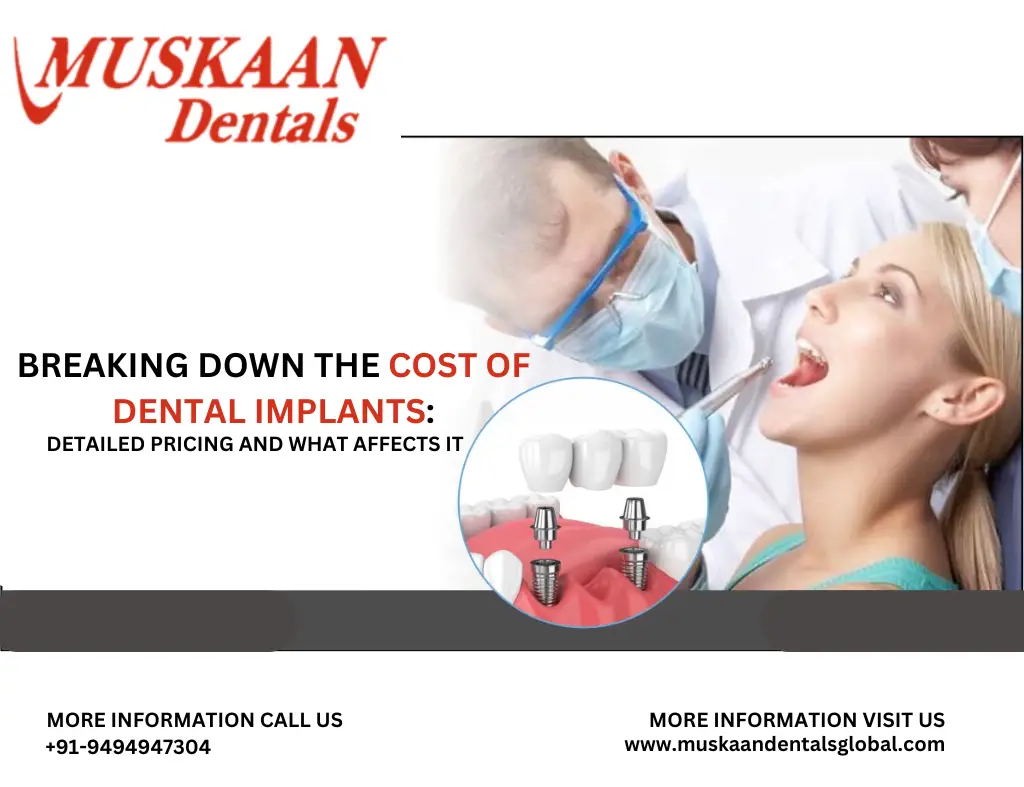Oral cancer is the broad term used for cancer that affects the inside of your mouth. Oral cancer or carcinoma can appear as white patches or sores that bleed. If left untreated, it can spread throughout your mouth and throat to different areas of your head and neck. It is also called "oral fissure cancer", which generally develops on the lips, gums, tongue, inner cheek lining, roof of the mouth, or floor of the mouth. This usually starts in the flat, skinny cells that line your lips and your mouth.
Risk factors for oral cancer:
- Use of any kind of tobacco and its products, such as cigarettes, cigars, pipes, and snuff, among others.
- Excessive sun exposure
- Alcohol consumption.
- Weak immune system.
- Any history of oral cancer or infections.
Common signs and symptoms
- Sores on your lip or within your mouth that bleed and don’t heal within a fortnight.
- Numbness, pain, or tenderness on your face, neck, or lips.
- Difficulties in swallowing, speaking, or moving your jaw or tongue.
- Excessive weight loss.
- Ear pain and bad breath.
Treatment
The Treatment largely depends upon its location and stage, as well as your overall health and personal preferences. You may receive just one type of treatment, or may undergo a combination of these.
The options include surgery, radiation, and chemotherapy. Our doctors at Muskaan Dentals are well versed in identifying and provide utmost care.
Diagnoses:
Our dental practitioner can spot potential carcinoma during one of your regular check-ups and will follow up with preliminary tests.
Preliminary tests include
- Physical examination: Our doctors will examine and feel around your mouth. They’ll also examine your head, face, and neck for potential signs of pre-cancer or cancer.
- Scrape test: Our doctors will gently scrape the area in question to examine cells for cancer using a small brush or spatula.
- Incisional biopsy: Removing a small piece of tissue to test for cancer cells.
- Indirect pharyngoscopy: Using a small mirror on a long skinny handle, examine your throat, the bottom of your tongue, and a portion of your voice box.
- Direct pharyngoscopy: Using a medical instrument to examine areas of your throat and mouth that mirrors cannot see.
We will consider many factors before recommending any treatment. These factors include the quiet carcinoma that you recently developed; if the carcinoma has spread from the initial site to other parts of your mouth and throat or other parts of your body; and your overall health.
Regular visits to a dentist can help in early detection of Oral cancer and can be treated swiftly, oral health care is an integral part of a healthy body don’t skip it.








